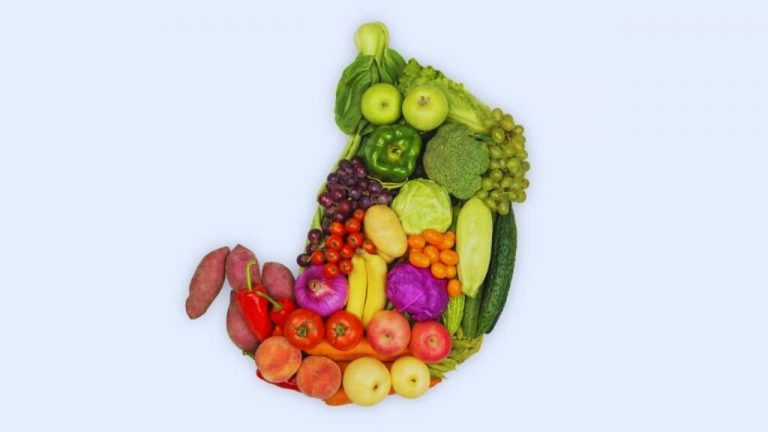Basic Nutrition and Popular Diets

Certainly! Basic nutrition principles lay the foundation for a healthy diet, while popular diets often offer specific approaches to eating based on different goals. Here’s an overview of basic nutrition and some popular diets:
Basic Nutrition Principles:
Macronutrients: These are the major nutrients required in larger amounts.
Carbohydrates: Main source of energy; include whole grains, fruits, and vegetables.
Proteins: Important for tissue repair and growth; includes lean meats, poultry, fish, beans, and legumes.
Fats: Provide energy and support cell function; opt for healthy fats from nuts, seeds, avocados, and olive oil.
Micronutrients: These are essential vitamins and minerals needed in smaller amounts.
Examples include vitamin C, vitamin D, calcium, iron, and zinc.
Hydration: Drink plenty of water to maintain bodily functions, regulate temperature, and support metabolism.
Balanced Diet: Aim for a variety of nutrient-rich foods from all food groups to ensure you get a wide range of nutrients.
Portion Control: Be mindful of portion sizes to avoid overeating.
Popular Diets:
Mediterranean Diet: Emphasizes whole foods like fruits, vegetables, whole grains, lean proteins (fish, poultry), healthy fats (olive oil), and moderate consumption of red wine. Associated with heart health and longevity.
Ketogenic Diet (Keto): High-fat, very low-carb diet that aims to shift the body into a state of ketosis, where it burns fat for fuel. May be used for weight loss and management of certain medical conditions.
Paleolithic Diet (Paleo): Focuses on foods presumed to have been available to our ancestors, including lean meats, fish, fruits, vegetables, nuts, and seeds. Avoids processed foods, grains, dairy, and legumes.
Vegetarian and Vegan Diets: Vegetarians avoid meat, while vegans avoid all animal products. These diets emphasize plant-based foods, and when well-balanced, can provide ample nutrients.
DASH Diet (Dietary Approaches to Stop Hypertension): Promotes a balanced diet rich in fruits, vegetables, whole grains, lean proteins, and low-fat dairy. Designed to lower blood pressure and promote heart health.
Intermittent Fasting: Involves cycling between periods of eating and fasting. Can take various forms, such as 16/8 (fasting for 16 hours, eating within an 8-hour window) or alternate-day fasting.
Plant-Based Whole Foods Diet: Focuses on whole, plant-based foods while minimizing or avoiding processed foods, added sugars, and oils. Promotes health and environmental sustainability.
Low-Carb Diets: Restrict carbohydrate intake and emphasize protein and fat. Examples include Atkins and South Beach diets.
It’s important to note that the effectiveness and appropriateness of these diets can vary based on individual health goals, medical conditions, and preferences. Before making significant dietary changes, it’s advisable to consult with a healthcare professional or registered dietitian to ensure that your nutritional needs are being met.



